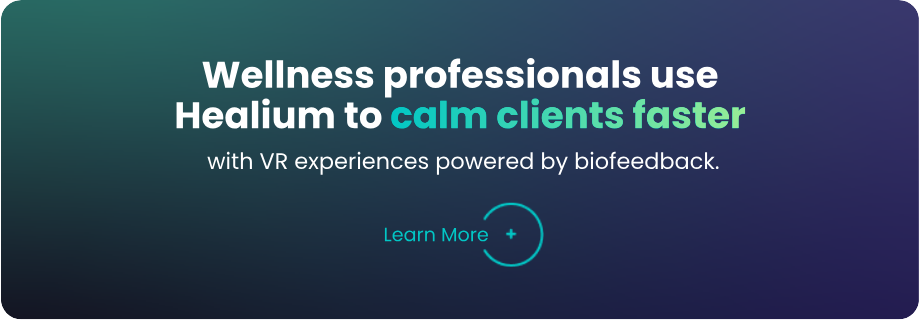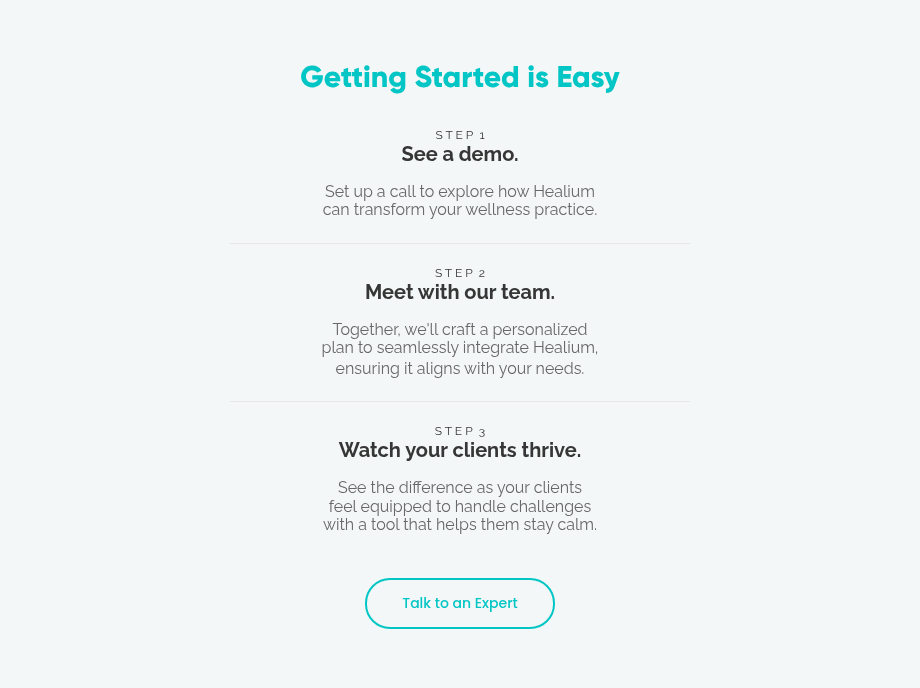Explore the stages of caregiver burnout and discover effective prevention and management strategies.
Stage Two: Burnout
• Physical Symptoms: Chronic fatigue, gastrointestinal issues, weakened immune response.
• Emotional Symptoms: Detachment, depression, loss of pleasure in activities, hopelessness.
• Behavioral Symptoms: Social isolation, neglecting responsibilities, substance use for coping.
As the stress accumulates and coping mechanisms begin to falter, caregivers enter the burnout stage. This phase is characterized by a profound emotional and physical exhaustion that permeates the caregiver’s life.
Symptoms become more pronounced, including significant changes in sleep patterns and appetite, social withdrawal, and an overwhelming sense of helplessness and inefficacy. Caregivers might find themselves less able to meet the demands of their role, feeling drained of the energy and motivation that once propelled them.
In the workplace, this often manifests as reduced productivity, absenteeism, and a noticeable decline in the quality of care provided.
Stage Three: Compassion Fatigue
• Physical Symptoms: Profound exhaustion, significant sleep disruptions, serious health neglect.
• Emotional Symptoms: Emotional numbness, despair, secondary traumatic stress, decreased empathy.
• Behavioral Symptoms: Complete social withdrawal, avoidance of caregiving duties, cynicism towards care recipients.
In the most severe stage, caregivers experience compassion fatigue, a condition marked by a deep emotional numbness and a withdrawal of empathy towards the recipients of their care.
This stage extends beyond the exhaustion of burnout to encompass symptoms such as a profound sense of hopelessness, secondary traumatic stress from empathetic engagement with the sufferer’s pain, and a significant decrease in the caregiver’s ability to feel and express empathy and patience.
Compassion fatigue not only affects the caregiver’s mental and emotional health but also impairs their capacity to provide effective care, marking a critical need for intervention and support.
For patients, this could look like receiving care that is mechanically performed without genuine empathy, leading to a feeling of neglect and isolation.
Preventing and Managing Caregiver Burnout
Effectively handling caregiver burnout involves strategic actions and self-awareness to ensure both the caregiver’s and the recipient’s well-being.
1. Ask for Help: Delegate tasks and share caregiving responsibilities with family, friends, or community services to lighten your load.
2. Set Realistic Goals: Acknowledge your limits, set achievable daily objectives, and accept that some days will be more challenging than others.
3. Utilize Community Resources: Seek out respite care, support groups, and adult day care programs for relief and support.
4. Prioritize Self-Care: Regularly engage in activities that promote your physical and mental health, such as exercise, hobbies, and adequate rest.
5. Recognize When It’s Time for a Change: Be open to exploring assisted living or professional care options when caregiving demands exceed your capacity.
6. Embrace Flexibility: Stay adaptable to changing needs and situations, adjusting your caregiving strategies as necessary.
By adopting these approaches, caregivers can mitigate the risk of burnout, ensuring they maintain their health and continue to provide compassionate care.
Transform Caregiving with Healium: Avoid Caregiver Burnout

Caregivers shoulder immense responsibilities, which comes at the expense of their team, their business, and their own well-being. Healium’s VR meditation tool is here to change that narrative.
Healium provides caregivers a much-needed escape to refresh their mindset by harnessing the power of virtual reality and biofeedback. It’s not just a tool; it’s a companion in the journey of caregiving.
Why Choose Healium for Caregiver Burnout?
• Stress Reduction: Healium offers immersive experiences that can significantly lower stress levels, providing instant relief in moments of overwhelm.
• Emotional Resilience: Through biofeedback, caregivers can learn to control their emotional responses, enhancing their resilience in the face of daily challenges.
• Accessible Self-care: Designed for ease of use, Healium makes self-care accessible, allowing caregivers to find moments of peace amidst their busy schedules.
• Evidence-Based: Backed by research, Healium’s effectiveness in reducing anxiety and improving overall mood equips caregivers with a trusted ally in their wellness journey.
Want to learn more? Watch the video below to see how Healium works!
Discover the difference Healium can make in your life as a caregiver. Contact us today to learn more about how our VR meditation tool can help you manage stress, prevent burnout, and restore your sense of well-being.










